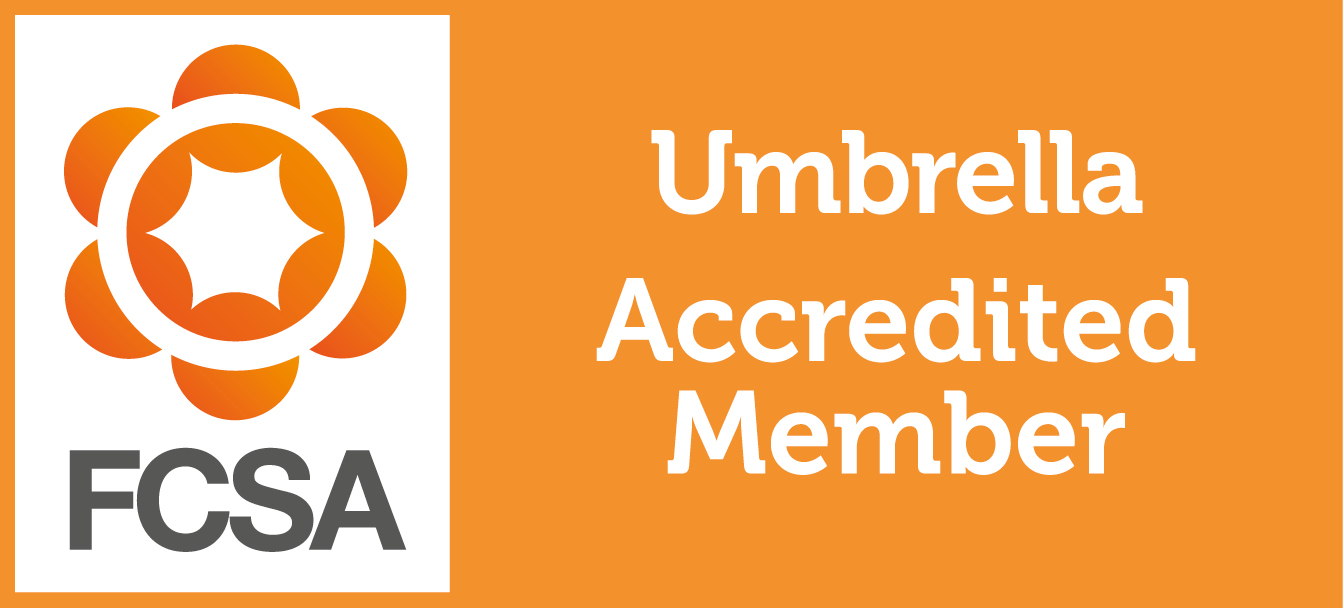
Why would you need to switch from running your own limited company to using an umbrella company? We discuss the possible reasons behind this and what you need to do to switch from limited company to umbrella – if you find you will be better off making the switch.
Why would I switch to an umbrella company?
Whether you would switch to using an umbrella company after running your own limited company depends on your circumstances.
These reasons can include:
- Your new contract is in the public sector and is caught by IR35
- You will be in the private sector but caught by IR35
- The contract from the recruitment agency stipulates using umbrella payroll
- Your company has two shareholders which share profit but the new contract is to benefit just one of the individuals
Other reasons behind using an umbrella company may be more personal, such as:
- You no longer want to be a director and responsible for ongoing accountancy for the company
- You are happy taking home less if that means your payroll is more simple (i.e. some retired workers who freelance do this)
How easy is it to switch from limited company to umbrella?
The ease of switching from a limited company to an umbrella company depends on what you plan on doing with your limited company. If you plan on trading through your limited company again in the future, you can keep your company active whilst using the umbrella company.
Keep in mind that you will still need to file annual accounts while your company is active.
Closing down your limited company
On the other hand, if you wish to close your company permanently, this requires more time and effort. However your accountant will be able to help with this, and costs should be minimal if they offer a close down service for free.
Your accountant will advise you of the options you have if you still have funds in the business, one of which may be Members Voluntary Liquidation (MVL). This involves withdrawing funds from the company using special tax relief and paying just 10% tax. This is only available if you have £35,000 in retained profits.
Closing down a company also requires notifying Companies House and completing final accounts to bring the company up to date. This closedown process can take several months depending on your company year-end.
Making the company dormant
Another option you have if you wish to use an umbrella company but keep your limited company in existence, is to make the company dormant. This is fairly straightforward, but requires you to arrange for accounts for the active period to be completed up to the regular timeframe. Then from the date of dormancy you would be required to file dormant accounts and Confirmation Statements. Again, your accountant can help with this.
You shouldn’t run into any problems if you decide to keep your company dormant as long as you do not trade through the company whatsoever during this time. This means the company cannot receive any income – otherwise it won’t be classed as dormant.
What you decide to do with your limited company is completely up to you and depends on your specific circumstances. However you can get impartial advice from your accountant as to what your options are.
Choosing an umbrella company
If you are currently using a contractor accountant, you might consider using their umbrella payroll service if they have one. This is likely the easiest option to choosing an umbrella company as the firm already has a relationship with you, and often times you can switch across without incurring a cost. Plus this option makes the most sense if you are already happy with their current service.
Nonetheless, it’s important to look at reviews of umbrella companies to make sure it has what you are looking for.
Find out more about how to compare umbrella companies, and how umbrella companies work.
Umbrella Company UK is the easiest, most hassle-free way to get paid. Payroll is run several times a day so you can rest assured that you will get paid on time, every time. Find out more about switching to Umbrella Company UK and the benefits of being paid via an umbrella company (PAYE).






